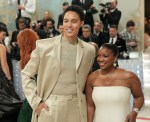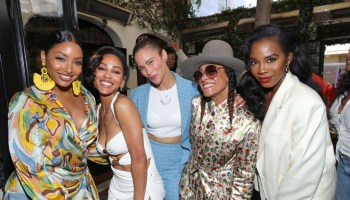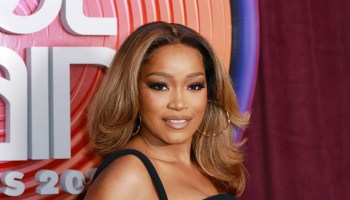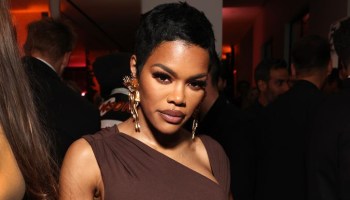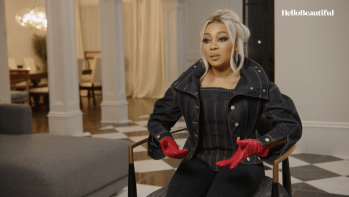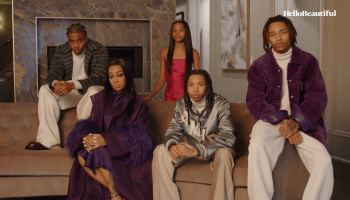As with other forms of discrimination in the workplace, gender discrimination can be so subtle that most women are unaware of its existence until the damage is done. Unlawful gender discrimination occurs when an employer treats an applicant or employee differently and less favorably because of his or her sex or gender, which may include treating an employee or an applicant differently based on sex stereotypes or because he or she does not conform to traditional notions of femininity or masculinity.
MUST READ: Why You Shouldn’t Be Afraid To Tell Your Boss You’re Having A Baby
As noted by EqualRights.org, the following are examples of the most common types of gender and sex discrimination:
1. Hiring: You apply for a job as a sales executive. Although you have experience and excellent qualifications, you are not hired because some of the company’s long-time clients are more comfortable dealing with men.
2. Condition of Employment: You want to be a firefighter. The department is taking applicants, but the job description states that all candidates must be able to lift 100 pounds. You believe such a feat is not necessary to carry out the duties of a firefighter, and serves instead to keep women from applying.
3. Firing: You are told that you are laid off due to company cutbacks and reorganization. However, men in the same position and/or with less seniority keep their jobs.
4. Promotion: You work as a sales clerk at a retail store for ten years but have been repeatedly denied the opportunity to advance. Men with less experience, some of whom you trained and/or supervised, receive the promotions instead.
5. Job Classification: You work at a large shipping company where employees hold several different job classifications. You notice that most of the sorting jobs, which are low-paid and offer little opportunity for promotion, are held by women, while most of the better-paying office positions are held by men.
6. Benefits: You are required to use your sick and vacation leave to take time off for your pregnancy because your employer does not provide disability leave for pregnancy, but does provide such leave to employees with other temporarily disabling health conditions. A male coworker was on leave for six months because he had a heart attack and he was able to access the benefits under the disability plan. (For more information about your rights as a pregnant employee, see ERA’s brochure on Pregnant Workers’ Rights.)
7. Pay: You work your way up from the position of line cook to sous chef. After your promotion, a second sous chef is hired. He has similar training and work experience, but you find out that he is being paid more than you.
8. Sexual Harassment: Your boss is the vice president of the company. He repeatedly makes unwelcome comments about your body and routinely puts his arm around your waist when discussing work-related matters. You tell him his behavior makes you uncomfortable and ask him to stop. He says, “Maybe you are too uptight for this job. I probably should never have hired you.” You now are afraid of losing your job if you don’t “loosen up.”
9. Gender Identity: You apply and are hired for a position at a new company. Before beginning your job, you inform your employer that you are undergoing a gender transition and will presenting as a woman instead of as a man. Your new employer then informs you that the job is no longer available due to budget constraints. You later find out that another person was hired for the position.
10. Sex Stereotyping: You are a woman who works in the sales department of a major retail chain. You have short hair and dress in pants most days. Although you meet deadlines and sales quotas, you receive poor performance evaluations, which include comments about your lack of femininity and “aggressive” nature. Men with similar personality traits and equally or less impressive sales records to your own receive above average performance evaluations and are promoted more quickly.








